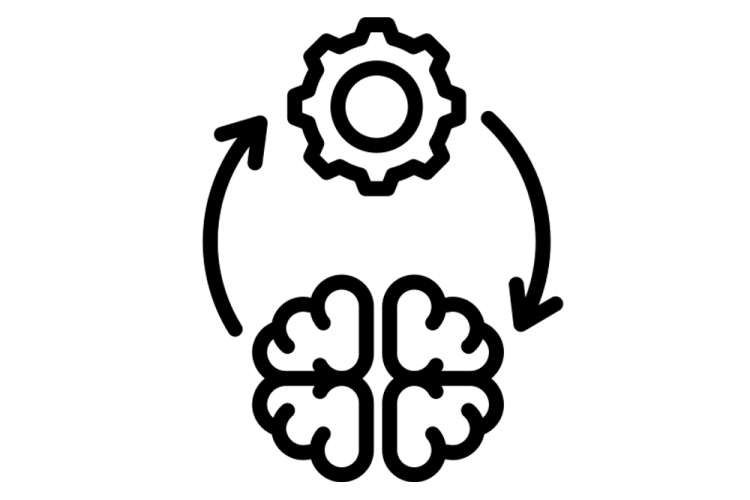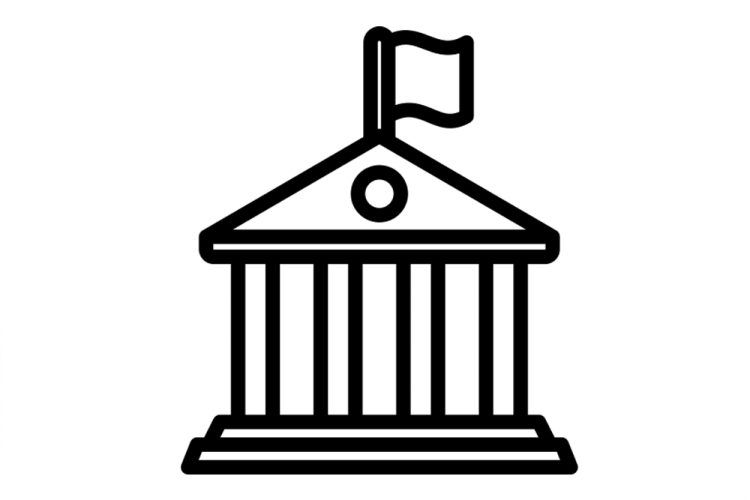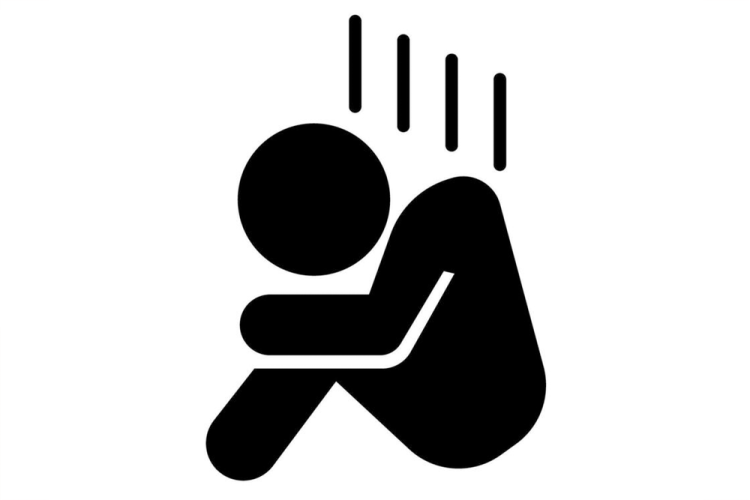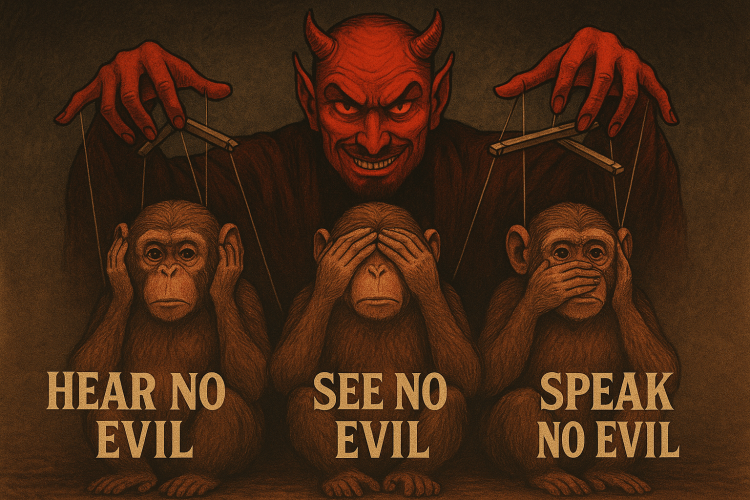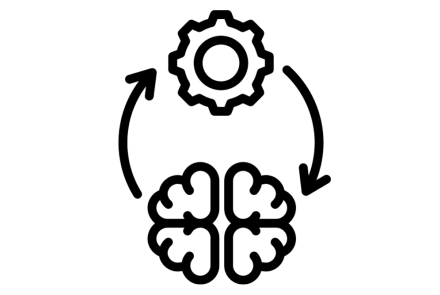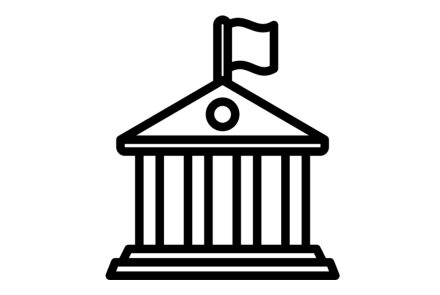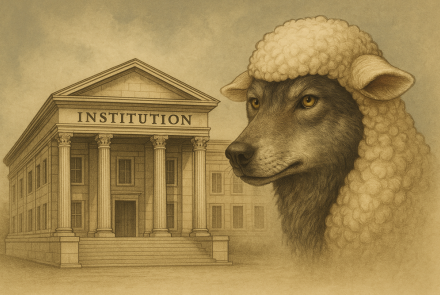Systemic abuse of power is the most deeply embedded and far-reaching form of abuse, woven into the very structures that govern society. It’s not limited to one person or institution—it’s a pattern that spans generations, reinforced by laws, policies, traditions, and cultural norms that disproportionately disadvantage certain groups while protecting others.
5 May 2025
Institutional abuse of power occurs when organizations—such as schools, workplaces, law enforcement, religious bodies, or healthcare systems—use their authority to exploit, suppress, or neglect the people they are meant to serve or protect. Unlike personal abuse, which happens between individuals, institutional abuse is systemic and often normalized within policies, cultures, and unspoken rules.
3 May 2025
Personal abuse of power is one of the most insidious forms of control. It doesn’t come from a title or a badge, but from the emotional, psychological, and relational dynamics between individuals—often in families, romantic relationships, or close friendships. Unlike systemic or institutional abuse, personal abuse of power often hides behind smiles, sweet words, and shared history. It's harder to spot because it’s wrapped in intimacy.
24 April 2025
The iconic image of the three wise monkeys—one covering its ears, another its eyes, and the third its mouth—symbolizes the principle of “hear no evil, see no evil, speak no evil.” While often interpreted as a call to maintain moral purity, this symbolism takes on a more haunting meaning when viewed through the lens of abuse of power.
To read the full article and access more exclusive content, please visit us at Ko-fi!
23 April 2025
In a world where abuses of power—whether personal, institutional, or systemic—often go unchecked, your voice is one of the most powerful tools you possess. When someone speaks out against injustice, they not only disrupt a culture of silence but also inspire others to do the same. Silence may feel safer, especially when fear, retaliation, or disbelief loom large. But silence is what allows abuse to thrive.
Recent Posts
Tags
Sign Up for Newsletter
Stay inspired and make a difference—subscribe to our newsletter to get impactful stories, volunteer opportunities, and ways to support our mission delivered right to your inbox.

